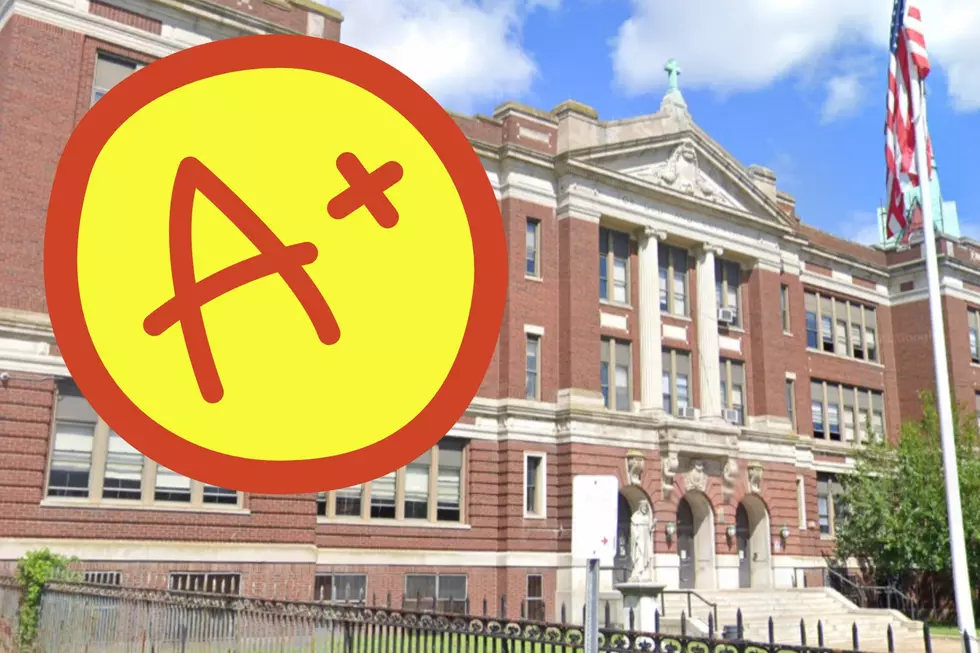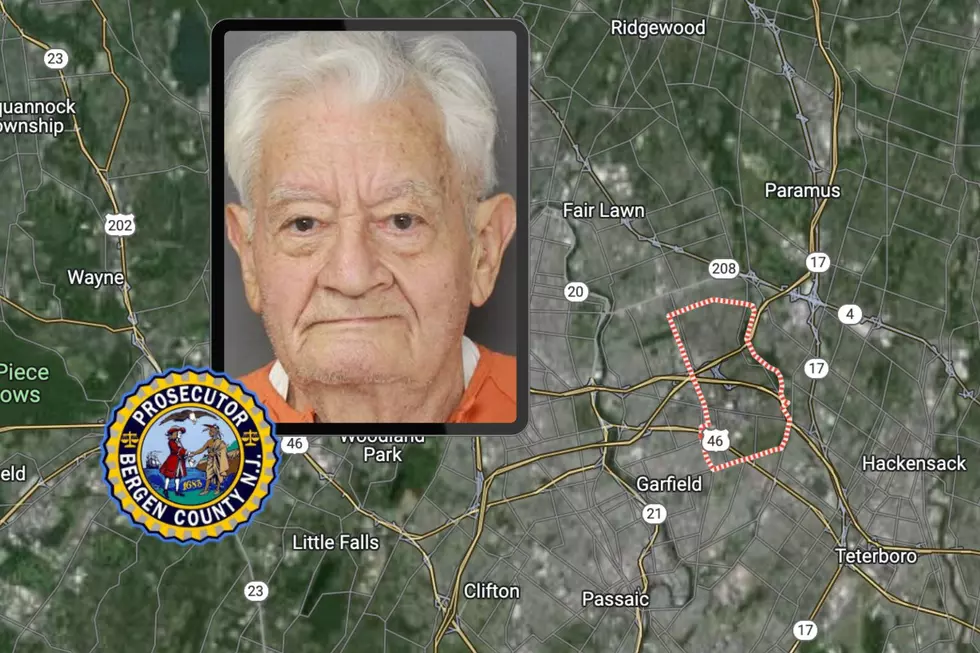
NJ is Top 10 in some clean energy rankings, but room to improve
In the past decade, New Jersey has made measurable strides in five clean energy categories: solar power, wind power, battery storage, energy efficiency and electric vehicles.
But the "Renewables on the Rise" analysis released by Environment New Jersey's Research & Policy Center shows that although we rank Top 10 in several of those categories relative to other states, we could be doing better.
For instance, the Garden State is seventh in the nation in electric vehicle sales but just 19th for availability of public charging stations. And for the most population-dense state, that should change, said Doug O'Malley, director of the Research & Policy Center.
"We only have one public charging station for every 21,000 people, and so we need to make it as common to find a place to plug in as you see a 7-Eleven or a Wawa," O'Malley said, adding that these stations are most needed at regular intervals along the New Jersey Turnpike and Garden State Parkway.

The analysis ranks New Jersey sixth for growth of battery storage capacity since 2010 and eighth for solar power growth, but O'Malley said the state still has considerable offshore wind potential yet to be tapped.
As far as solar is concerned, he said it's not just for those who care about the environment; it's increasingly for those who care about their bottom line.
"Probably the most important thing people can do is to think, 'Hey, how am I generating power for my house, and how can I save energy?'" O'Malley said. "And so, solar power is affordable, and it will cut your bills."
New Jersey's energy efficiency, O'Malley said, has been lagging for a long time. Or as he put it, "How many people have air conditioners from when the Go-Go's were on the charts?"
COVID-19 has also had an environmental impact that has yet to be fully measured, but it is making both individuals and businesses rethink their energy choices.
O'Malley called the effects of coronavirus shutdowns on the clean energy economy "pretty drastic," driven by the dip in motorist and mass transit activity.
"When you can actually smell the difference in air quality because people aren't on the roads, it just wakes up people's reality that this could be what we live with," he said.
A study by the Harvard School of Public Health, meanwhile, drew even more direct and specific correlations between higher rates of COVID-19 and areas of high air pollution.
"We saw the pandemic really expose, drastically, the impact of COVID in communities, especially Black and brown communities, that suffer from air pollution," O'Malley said.
If you are looking into getting more energy efficient as the pandemic rolls on, O'Malley said, one recommendation is to check if you are eligible for rebates from the state Board of Public Utilities. That could lower your costs even before your decreased bills start putting money back in your pocket.
Patrick Lavery is New Jersey 101.5's afternoon news anchor. Follow him on Twitter @plavery1015 or email patrick.lavery@townsquaremedia.com.
NJ’s lives lost to COVID-19 — Loved and Lost
More From New Jersey 101.5 FM









